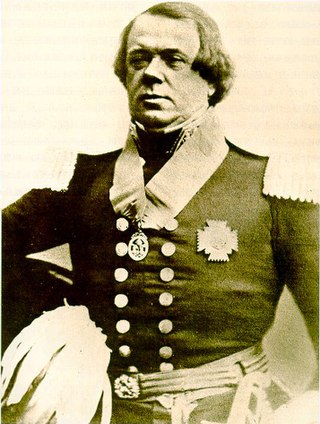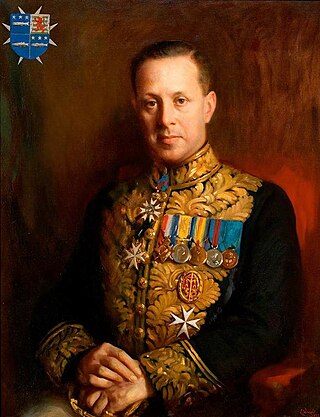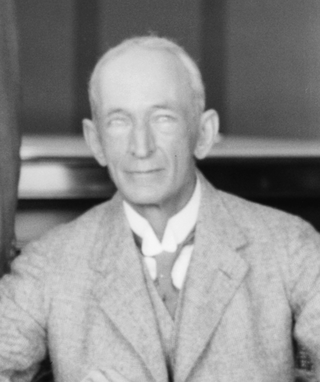Related Research Articles

Sir Samuel George Bonham,1st Baronet was a British colonial governor,who became the 4th Governor of the Straits Settlements and the 3rd Governor of Hong Kong.

Sir Harry Charles Luke was an official in the British Colonial Office. He served in Barbados,Cyprus,Transcaucasia,Sierra Leone,Palestine,Malta,the British Western Pacific Territories and Fiji. He is the author of some books on several of these countries.

Sir Sidney Solomon Abrahams,nicknamed Solly,was a British Olympic athlete and 26th Chief Justice of Ceylon. He was the older brother of famed Olympian Harold Abrahams.
Hema Henry Basnayake,QC was the 31st Chief Justice of Ceylon as well as the 29th Attorney General and 16th Solicitor General. He was appointed in 1956 succeeding acting Chellappah Nagalingam and was Chief Justice until 1964.
Sir Edward George Perera Jayetileke KC was the 29th Chief Justice of Ceylon as well as the 13th Solicitor General. He was appointed in 1950 succeeding Arthur Wijewardena and was Chief Justice until 1952. He was succeeded by Alan Rose.
Sir John Curtois Howard KC was an English magistrate who was the 27th Chief Justice of Ceylon. He was appointed in 1939 succeeding the acting Francis Soertsz and was Chief Justice until 1945. He was succeeded by Arthur Wijewardena,also after the acting Francis Soertsz.
Sir William Bartholomew Hackett was an Irish judge who was the second Chief Justice of Fiji and the 12th Chief Justice of Ceylon.
Sir Alexander Wood Renton was a Scottish lawyer and British colonial judge. He served as the 21st Chief Justice of Ceylon from 1914 to 1918.

Sir Stanley Fisher was a British colonial judge who was the 24th Chief Justice of Ceylon.
Ceylonese recipients of British titles conferred on the advice of Her Majesty's Ceylon Ministers. This list includes all those who were born in,worked in or lived in Ceylon.

Sir Edward St John Jackson,was a British colonial judge and administrator.

Sir Walter Sidney Shaw was an English barrister and judge. He served as a judge in a number of British colonies,his last judicial appointment being as Chief Justice of the Straits Settlements. He was also the chairman of the Shaw Commission which investigated the 1929 Palestine riots.
Kenneth Murchison was the Resident Councillor of Penang and Resident Councillor of Singapore,as well as the third Governor of the Straits Settlements.

Sir James Alexander Swettenham was a British colonial administrator who was Governor of British Guiana (1901–1904) and Governor of Jamaica (1904–1907).
Sir John Harry Barclay Nihill,was a British lawyer and administrator who served throughout the British Empire.

Sir Ralph Windham was a British lawyer who held various positions in the Colonial Legal Service. He was a judge in Palestine,Ceylon,Kenya,Zanzibar and Tanganyika. While trying a case in Tel Aviv in January 1947 he was kidnapped from the courtroom by Jewish terrorists,but was released on the next day.
Sir Robert Harry Drayton,was a lawyer and a senior colonial civil servant who worked in Palestine,Tanganyika,Ceylon,Jamaica and Pakistan. He served as the Chief Secretary of Ceylon from 1942 to 1947 and as the Legal Secretary of Ceylon.
The Legal Secretary of Ceylon,was an officer of state of the British Colonial Administration of Ceylon from 1931 to 1947,appointed from the Colonial Legal Service. The Legal Secretary one of three officers of state of the Board of Ministers of the State Council of Ceylon,who serve as the legal advisor to the government;administration of justice;criminal prosecutions and civil proceeding on behalf of the crown;election to the State Council,drafting of legislature and the public trustee. The post was formed under recommendations of the Donoughmore Commission the post replaced the Attorney General as the chief legal advisor to the Governor,it was in turn replaced by the post of Minister of Justice in 1947 under the recommendations of the Soulbury Commission under the Ceylon Independence Act,1947 and The Ceylon Orders in Council 1947.
References
- 1 2 3 Corfield, J. (2010). Historical Dictionary of Singapore . Scarecrow Press. p. 227. ISBN 9780810873872 . Retrieved 9 January 2017.
- 1 2 3 4 "Sir Alan Rose – Colonial Legal Service". The Times . 27 June 1975. p. 14.
- ↑ Corfield, Justin (2010). Historical Dictionary of Singapore . Scarecrow Press. pp. 227–288. ISBN 9780810873872 . Retrieved 10 July 2018.
- ↑ "Overview". Judicial Service Commission Secretariat. Archived from the original on 19 October 2013. Retrieved 19 October 2013.
- ↑ "Sir Alan Rose arrives today". The Straits Times. Retrieved 12 November 2013.
- ↑ Campbell, Fiona. "Jews in Sri Lanka". Archived from the original on 12 November 2013. Retrieved 12 November 2013.
- ↑ "ROSE, Sir Alan (Edward Percival)" . Who's Who & Who Was Who . A & C Black. Retrieved 7 January 2013.(Subscription or UK public library membership required.)
